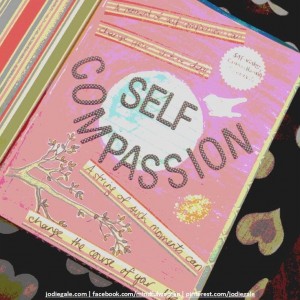 How to silence the inner critic by cultivating self-compassion
How to silence the inner critic by cultivating self-compassion
The Inner critic subpersonality (superego) is that critical inner voice that judges, attacks, demeans and beats us up. It usually stems from our childhood through:
-not being seen or heard
-a lack of emotional, psychological and spiritual support
-experiencing critical parents or high parental expectations
-pejorative cultural, religious and societal rules
The inner critic keeps us stuck in shame, low self-worth and maintaining cycles of addiction, anxiety, depression, eating disorders and unhealthy relationships. Living with a tyrannical, punitive and harsh voice inside our heads can be debilitating – it stops us from achieving growth and living life to our full potential.
By cultivating loving kindness and self-compassion, we can begin to silence the inner critic.
What is self-compassion?
In psychosynthesis, the primary modality that I use in my clinical work, cultivating goodwill towards self and others is an essential part of the therapeutic process towards recovery, healing and overall well-being.
In the Mindful Path to Self-Compassion, Christopher Germer, PhD confirms this by stating, “self-compassion is the practice of repeatedly evoking good will toward ourselves especially when we’re suffering—cultivating the same desire that all living beings have to live happily and free from suffering.” He also writes that “mindful self-compassion can be learned by anyone.”
Compassion researcher and expert, Dr. Kristin Neff advises that there are three elements of self-compassion:
– “Self-kindness: showing warmth and understanding toward ourselves when we suffer, fail, or feel inadequate, rather than ignoring our pain or flagellating ourselves with self-criticism.
– Common humanity: self-compassion involves recognizing that suffering and personal inadequacy is part of the shared human experience – something that we all go through rather than being something that happens to “me” alone.
– Mindfulness: the willingness to observe our negative thoughts and emotions with openness and clarity and without judgment, so that they are held in mindful awareness.”
How can I cultivate self-compassion?
1. Practise Roberto Assagioli’s Evocative Word Technique using self-compassion as the seed word
2. Practise this Self-Compassion Break by Dr. Kristin Neff
——————————–
Self-Compassion Break
Think of a situation in your life that is difficult, that is causing you stress.
Call the situation to mind, and see if you can actually feel the stress and emotional discomfort in your body.
Now, say to yourself:
This is a moment of suffering.
That’s mindfulness.
Other options include: This hurts. Ouch. This is stress.
Suffering in a part of life.
That’s common humanity.
Other options include: Other people feel this way. I’m not alone. We all struggle in our lives.
Now, put your hands over your heart, feel the warmth of your hands and the gentle touch of your hands on your chest.
Or adopt the soothing touch you discovered felt right for you. Say to yourself:
May I be kind to myself.
You can also ask yourself, “What do I need to hear right now to express kindness to myself?”
Is there a phrase that speaks to you in your particular situation, such as: May I give myself the compassion that I need. May I learn to accept myself as I am. May I forgive myself. May I be strong. May I be patient.
This practice can be used any time of day or night, and will help you remember to evoke the three aspects of self-compassion when you need it most.
——————————–
3. Take the Brené Brown ‘The Gifts of Imperfection’ E-Course – letting go of self-judgement and cultivating self-compassion is a big part of this art journaling course. Sign up and then follow my #OLCBreneCourse on Pinterest.
4. Find a therapist in your area who is able to show acceptance, kindness, altruistic love, compassion and empathy – the lived experience of receiving these qualities through the therapeutic relationship will help to silence the inner critic.
About Jodie
Sydney Soul-Centred Psychotherapist, Eating Psychology Specialist + Transformational Life-Coach, Jodie Gale, is a leading specialist in women’s emotional, psychological and spiritual health and well-being.





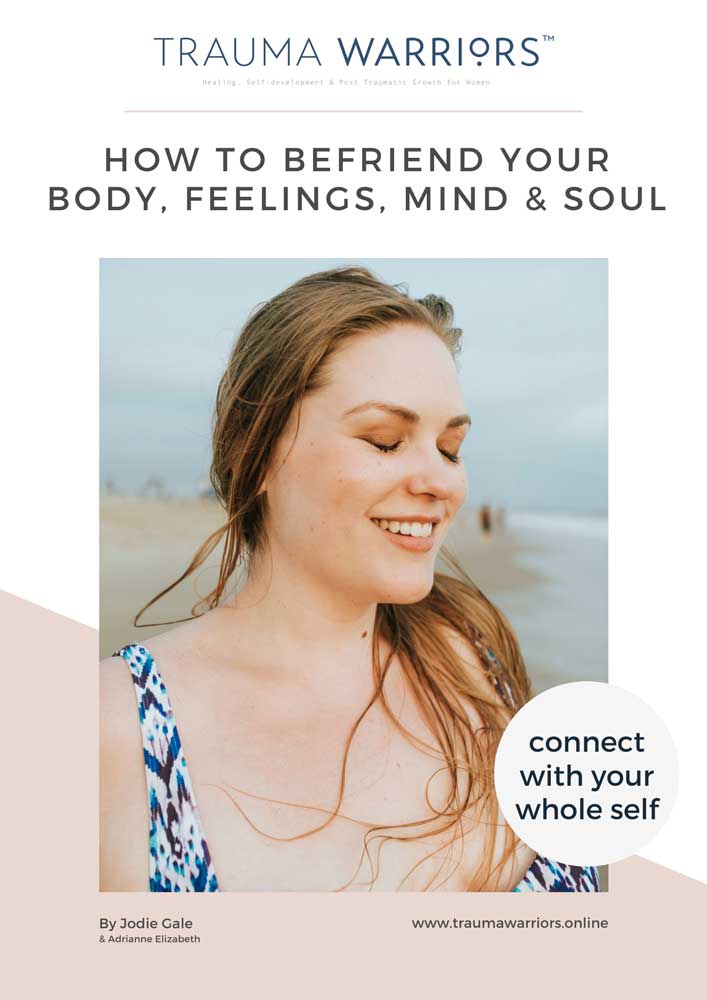


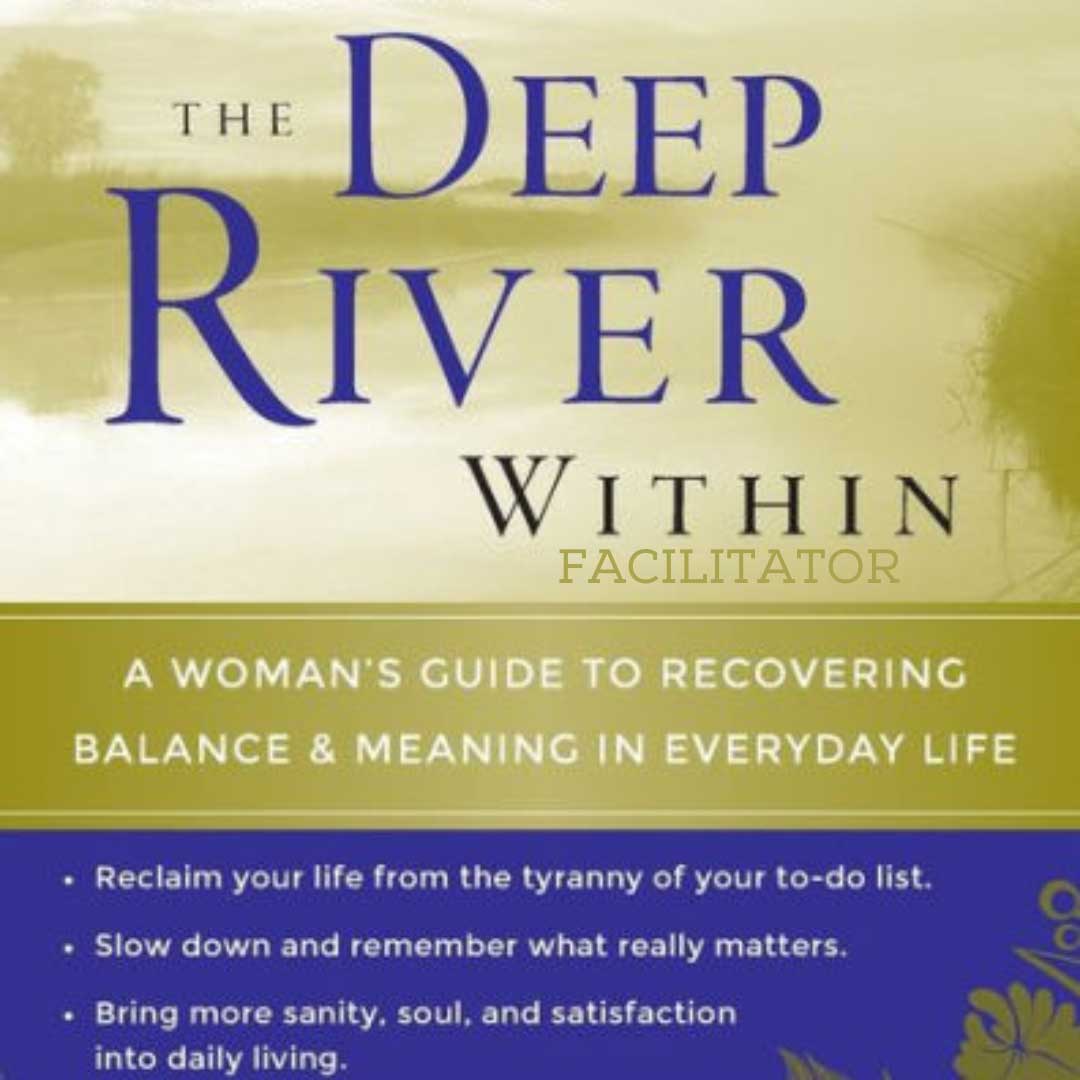
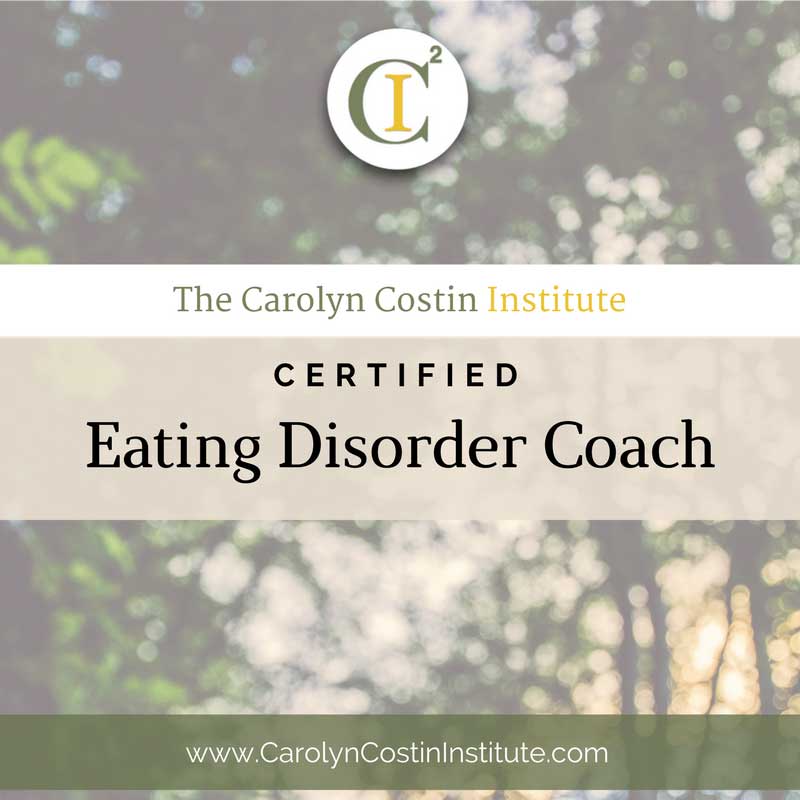
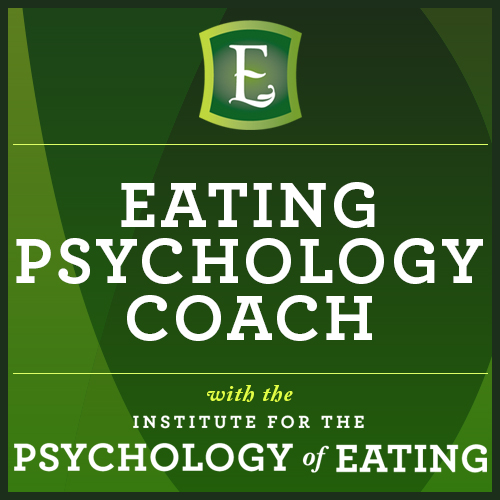
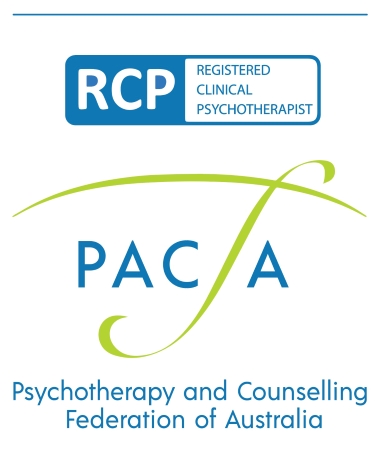
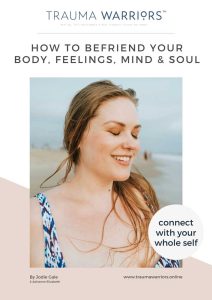
2 Responses
Hi My Name is Jane. I happened upon your Website today via a Brene Brown TED Talk search. I have read your papers “Eating Disorders: A Search for Wholeness and Addiction: A Psychospiritual Perspective. I have suffered from compulsive overeating/binge eating disorder since a young child (I am 53 now). I have been a member of Overeaters Anonymous for over 20 years (though I live in rural NSW and am a lone member). I have had some success but have never really felt ‘successful’ in ‘recovery’. I am tired of feeling like a failure and ‘less than’. I have tried to apply self help strategies but find persistence a real issue. The word ‘sabotage’ rang a chord. As much as I hate myself for bingeing again – not matter what my good intentions are I cannot stop. I am not even sure why I am writing, as I live a long way from Sydney and am not working at the moment so therapy is a luxury I cannot afford. It just helps to get honest I guess.
Thank you for your website and the great resources I have done a lot of reading and learning.
Regards
Jane
Hi Jane, thanks so much for sharing your story.
I am so pleased my writing is providing a resource for you.
Warm regards, Jodie